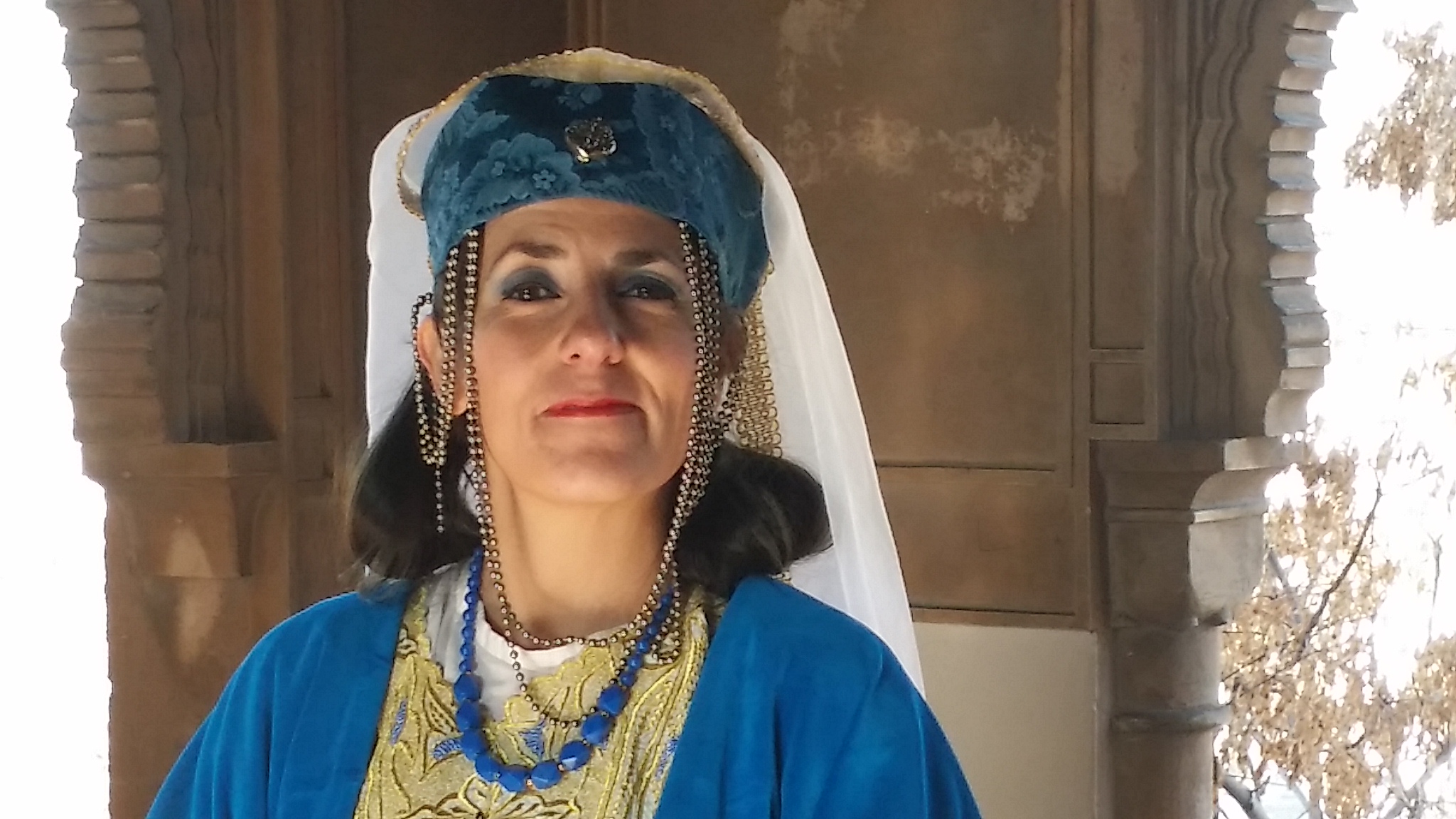Aisha, Aisha bint Muhammad ibn al-Ahmar was the last Moorish Queen of Granada. She was called Aisha al-Hurra (The Honest One) by her subjects and known as Aixa by her Christian enemies.
Aisha al-Hurra was one of the most prestigious women, coming from noble descent and power in the Nasrid court from the end of the XV century. Aisha was a temperamental, intelligent, brave and dominant woman.
She was married for twenty years to her first cousin Muley Hacen. The couple had three children: Aixa, Abu Abd Allah Muhammad; known as Boabdil and Abu-l-Hayyay Yusuf.
Aisha’s personality
Aisha was a woman of valor who maintained a firm stand against the Christians and a courageous woman who opposed her own husband to defend the rights of her son Boabdil.
She also had to live through a nightmare in her love life. Her husband Muley Hacen fell in love with a Christian slave girl who appeared on the scene. Muley made her, Isabel de Solis, is wife. She accepted the Islam faith because of his love and was given the name Zoraida. That’s when Zoraida not only stole the love of Aisha’s husband but relegated her position as Queen and threatened the future of her heir.
Jealousy and fear for her children’s inheritance forced Aisha to actively participate in a conspiracy to dethrone her husband and put her son Boabdil in his place.
After the reconquest of Granada by the Catholic Kings on 2nd January 1492, Aisha went into exile with her son. First she moved to Señorío de Andarax in the Alpujarras. Later, in October 1493 to the Moroccan city of Fez where our heroine finally died.
The stories tell us that Aisha, Boabdil’s mother, said to her son:
‘ You cry like a woman for what you couldn’t defend as a man‘.
There is no historical evidence for this phrase. Perhaps, you can see in it the signs of loss that Aisha suffered as a mother.
To learn more about this brave woman I invite you to visit the area of the Albaicín with me. I will show you the best architectural examples of Nasrid art in The Alhambra. I’m referring to the Palacio de Dar Al-Horra. It means ‘ House of the Honest One’, and which was the last residence of.




Comment (0)